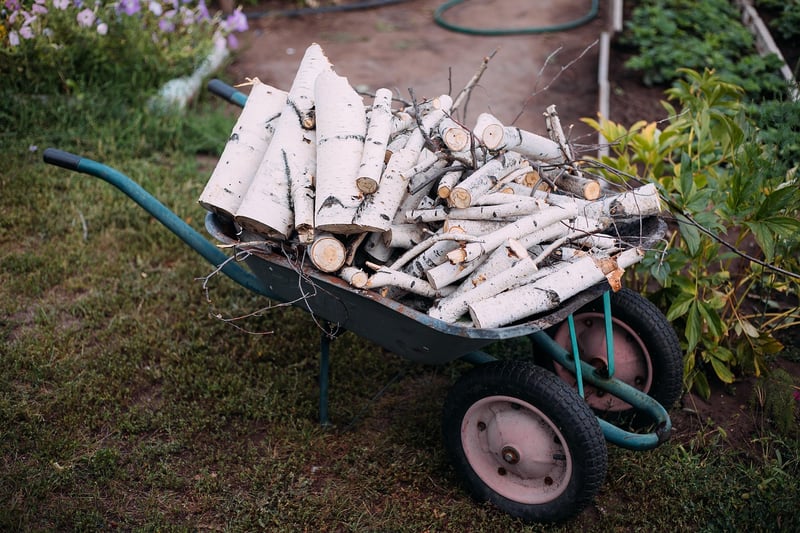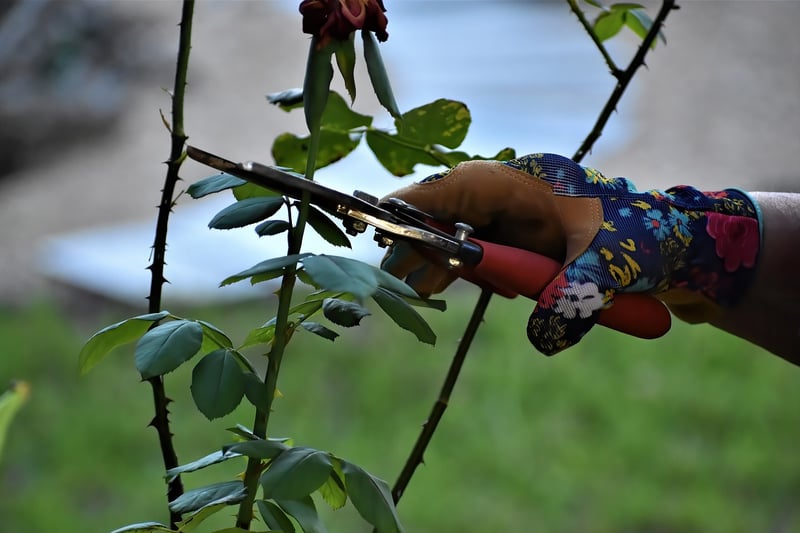Pruning techniques
Caring for Your Garden: Pruning Techniques

Introduction
Keeping your garden in top shape requires regular care and maintenance. One essential aspect of garden care is pruning. Pruning not only helps maintain the shape and size of your plants but also promotes healthy growth and flowering. In this article, we will explore some pruning techniques to help you keep your garden thriving.
1. Tools for Pruning
Before you start pruning, make sure you have the right tools. Essential tools for pruning include pruning shears, loppers for thicker branches, and a pruning saw for larger branches. Keeping your tools sharp and clean will ensure clean cuts and prevent damage to your plants.
2. When to Prune
The timing of pruning can vary depending on the type of plant. Generally, it is best to prune flowering shrubs right after they bloom, while winter is a good time to prune many deciduous trees and shrubs. Avoid pruning during extreme heat or cold, as plants need time to recover.
3. Pruning Techniques
- Deadheading: Removing dead flowers encourages new growth and prolongs the blooming period.
- Thinning: Removing excess branches allows for better air circulation and light penetration.
- Heading back: Cutting back stems to promote bushier growth.
- Raising: Removing lower branches to create clearance underneath the plant.
- Rejuvenation pruning: Cutting back old or overgrown plants to stimulate new growth.
4. Tips for Pruning
- Always use sharp, clean tools to make precise cuts and reduce the risk of disease.
- Prune at a 45-degree angle just above a bud to encourage healthy regrowth.
- Step back occasionally to assess the plant's shape and avoid over-pruning.
- Remove any diseased or damaged branches to prevent the spread of infection.
Conclusion
Pruning is an essential part of garden maintenance that helps keep your plants healthy and looking their best. By following the right techniques and timing, you can ensure your garden thrives year-round.
Remember, each plant may have specific pruning needs, so it's essential to research the requirements of your specific plants before pruning. Happy pruning!
